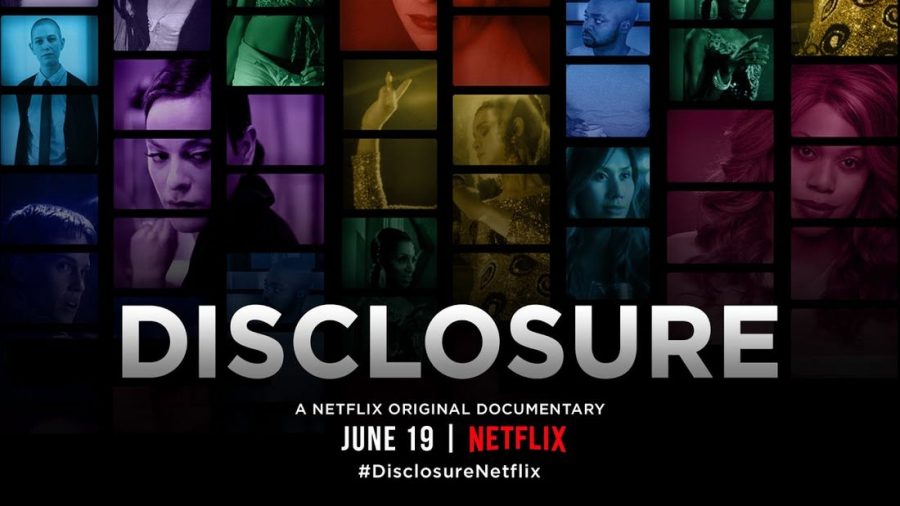The new Netflix documentary “Disclosure” from Sam Feder delivers a fresh hard look at how transgender representation in television and film has been depicted over the years.
Since the very beginning of cinema, films have used broad stereotypes on various groups of people from the stereotypical “mammy” of the plantation to the “greaser” films with unflattering depictions of Hispanic characters. Many of those characters have disappeared over time but transgender stereotypes have survived even into current films.
“Disclosure” uses transgender actors past and present to give their critiques of how Hollywood has treated these characters to supply a fresh perspective to an audience that may not have seen them as problematic.
With the reflections on past films that have featured transgender people as prostitutes for laughs and men in drag as killers from people that are transgender, it does create a new perspective on many beloved films.
One key point made by Laverne Cox of “Orange is the New Black” is that for way too long, there was zero depth to any of these characterizations treating the subjects as more freakish than human.
“The ways in which trans people have been represented on-screen have suggested that we’re not real, have suggested that we’re mentally ill, that we don’t exist,” explains Cox in the film.
Though not coming off as a blatant attack on the movie watching public for not having a real understanding of sexual identity, the film does come off as more a plea to show greater depth in the portrayal of transgender characters. To do this, it uses the history of these characterizations to illustrate this point.
Many of the actors lament that they have seen very few positive portrayals in film and television. Lily Walchowski director of “The Matrix” spoke how the most endearing character representation to her was a cartoon rabbit switching gender roles in a looney tunes cartoon.
Gaining the perspective on looking at these roles from the people being marginalized by them and many times, society made some compelling points.
One prominent point was continually having cisgender actors like Eddie Redmayne in “The Danish Girl” and Jared Leto in the “Dallas Buyers Club” playing these roles in films to rave reviews. Both Leto and Redmayne won Academy Awards for these portrayals. In contrast, actual transgender actors have toiled in relative obscurity until very recently. The film belabors the point that this makes people see transgender characters as just playing a part instead of recognizing that these are people’s actual lives.
Even when these roles are shown, it seems to be quite one-sided with very few male identifying transgender actors being depicted. In one case with an actual transgender actor identifying as female, the producers altered the voice of the character to appear more masculine in a scene from “Dirty Sexy Money.”
Much like the era of blackface dying, there seems to be an awakening to have transgender roles represented by transgender actors playing themselves and being able to show that there is diversity and complexity within them.
While some of the critiques were not fair in my opinion of giving so much blame to film in some cases for its impact on transgender people, it was refreshing to see these views through a different lens. Everyone loves to see their stories told on screen with multi-dimensional depictions of their lives, so why would a transgender person feel any different?
Given a fresh outlook on many of my own favorite films which featured either transgender actors or elements such as “The Crying Game,” “Disclosure “did give me a window of how a person who lives this life might see these scenes much differently than mainstream audiences.
“Disclosure” is a fascinating guided journey that film lovers will undoubtedly appreciate for its challenging look at gender depictions in film.
4 out of 5 picks
Michael Cuviello may be reached at [email protected]












